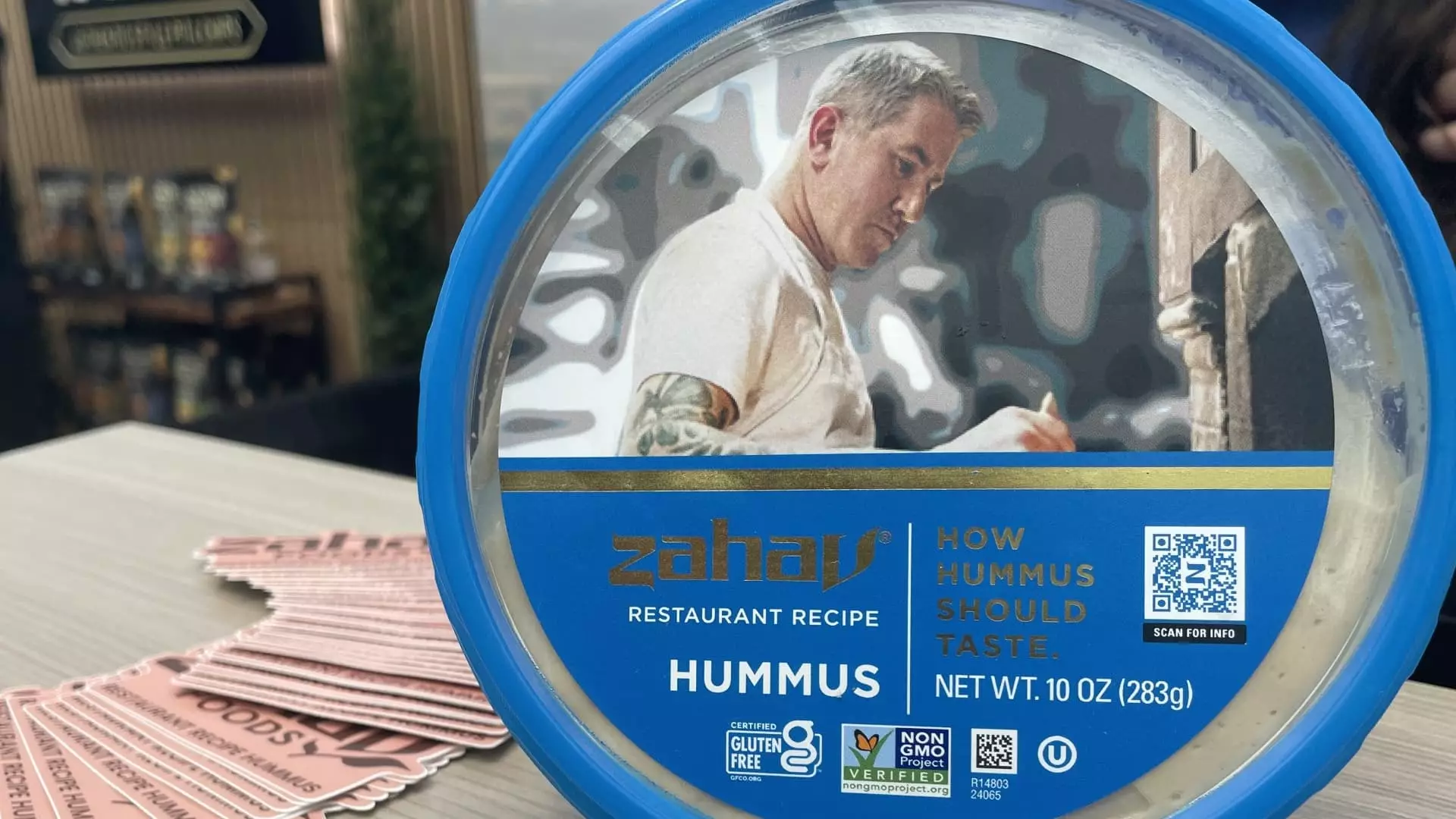Every year, the culinary world converges at events like the Summer Fancy Food Show, where the promise of groundbreaking flavors and revolutionary condiments seems tantalizingly within reach. But beneath the bright displays and trendy buzzwords lies a troubling pattern: a relentless pursuit of novelty that often obscures genuine culinary progress. Far too often, these so-called “innovations” are superficial, fleeting fads that are quickly replaced by the next shiny object. For example, the fleeting trend of Dubai chocolate—a decadent, Instagram-friendly indulgence—demonstrates how hype can inflate obscure products into fleeting cultural phenomena, only to be forgotten in the next season. This cycle fuels a superficial obsession with trendiness, diverting attention from the importance of quality, sustainability, and true culinary artistry.
The Mirage of Authenticity
Many products showcased at these industry fairs promote reinvented staples—infused olive oils, flavored mustards, plant-based alternatives—yet often lack authentic roots or thoughtful craftsmanship. Take infused olive oils like sherry-cask or harissa flavors: they are marketed as elevated pantry essentials, but are they truly transformative or simply marketing embellishments? These products frequently capitalize on trends rather than substance, trading longevity for momentary appeal. Similarly, plant-based food companies that emphasize how “crafty” and “innovative” they are tend to focus on packaging and taste-over-ethics or sustainability. While plant-based diets are essential for a more equitable and environmentally conscious future, the superficial glossing over genuine nutritional and ecological benefits diminishes their potential impact. The industry’s obsession with creating “next-gen” condiments often results in superficial duplications instead of meaningful innovations that address global food challenges.
Commercialization Over Culinary Integrity
The show’s role as a launchpad for emerging brands is both its strength and its flaw. While it’s inspiring to see startups like Honest Tea or Tate’s Bake Shop grow from humble beginnings into household names, this narrative can dangerously skew the industry’s priorities. Instead of focusing on fostering truly innovative, health-conscious, and sustainable food options, the trend often leans toward marketing gimmickry designed to catch consumer attention. As large corporations latch onto trending ingredients—be it “swicy” flavor profiles or beef tallow—the market becomes saturated with derivative products that chase viral moments rather than promote meaningful culinary progress. This commercialization risk turns food into a spectacle, where authenticity takes a backseat to the next big thing’s hype machine, undermining the integrity of what we eat.
The Illusory Rise and Fall of Trends
Many trends displayed at these fairs are ephemeral, a testament to the fickle nature of food marketing rather than genuine culinary evolution. The example of Dubai chocolate illustrates how a product can momentarily captivate social media and store shelves before vanishing without leaving a lasting impression. Such trends reflect a consumer culture seduced by novelty rather than quality or tradition. The obsession with quick hits of flavor innovation fosters a landscape where products are designed to be buzzworthy rather than meaningful. The danger lies in fostering a false narrative—what’s fashionable today becomes obsolete tomorrow, leaving consumers confused and, often, disappointed. This pattern fuels a cycle where brands chase fleeting trends, sacrificing authenticity and long-term value in the pursuit of viral notoriety.
Critical Reflections on Food Culture and Industry Responsibility
A balanced food industry should prioritize sustainable practices, genuine innovation, and respect for culinary traditions. Yet, the current trend-driven landscape often neglects these principles in favor of hype and quick profits. The surge in plant-based marketing, for example, is a two-edged sword; while it signals a move toward more ethical consumption, it also risks commodifying sustainability into a marketing ploy. Similar concerns surround the revival of controversial ingredients like beef tallow, which might appeal to a niche audience interested in traditional or “authentic” fats but threaten to overshadow the important environmental debates ongoing in the food world. Industry leaders and consumers alike must be vigilant against superficial trends masquerading as progress, demanding transparency and a commitment to meaningful change rather than fleeting viral sensations.
In essence, the food industry’s obsession with trend chasing—fueled by trade shows, social media, and marketing campaigns—often obscures the deeper issues of sustainability, authenticity, and health. Instead of chasing after the next viral condiment or flavor trend, there needs to be a collective effort to elevate food culture through meaningful innovation rooted in tradition, respect for the environment, and genuine taste. Only then can the culinary world move beyond superficial gimmickry to foster a food ecosystem that truly benefits society at large.

